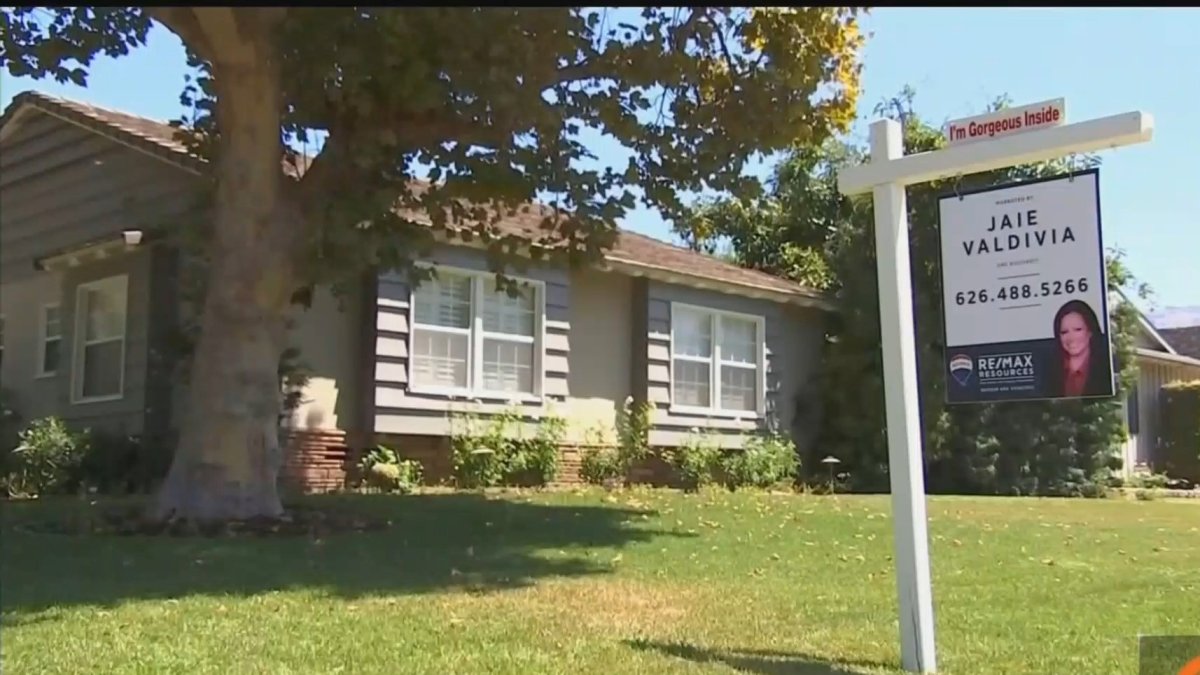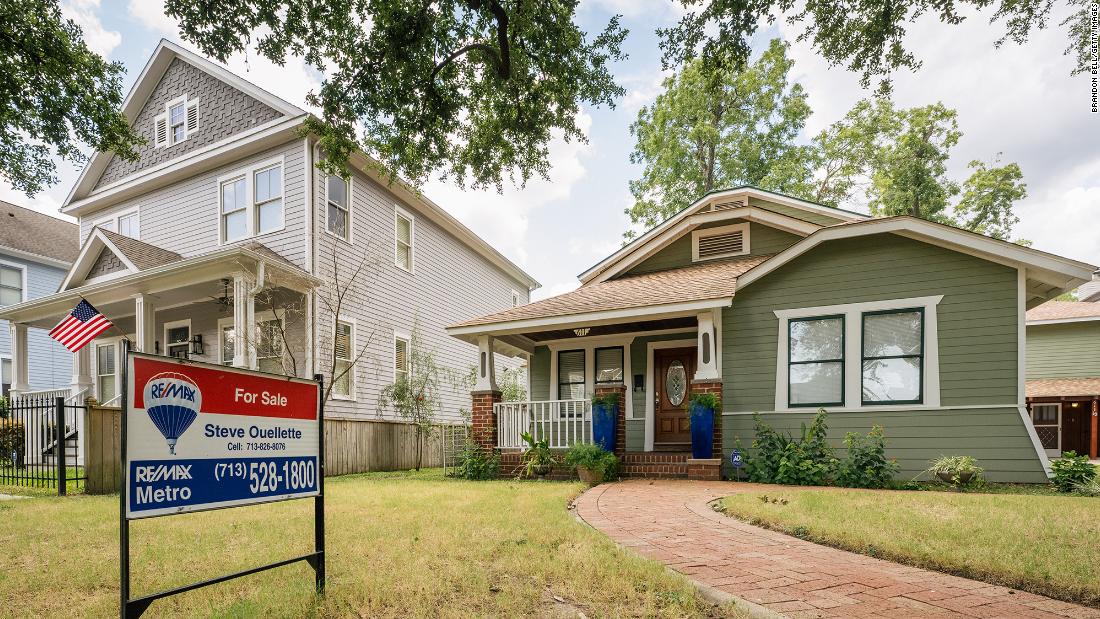- Joined
- Nov 3, 2021
- Messages
- 61
- Reaction score
- 62
So this is the worst time ever to be looking to buy a first time home. Housing prices in the bay area have spiked 20% each of the past two years, and interest rates are nearly the highest in decades.
The housing market will crash, no doubt about it. The bay area is most prone as these tech folks are losing 30-60% of their portfolios that they use as down payments with the stock market. Already the bidding wars in the area are cooling off.
The BIG question is, can current residency grads qualify for a new California program to get 10% of that 2-3 million dollar house off now. I'm a resident for one more month, I most definitely CURRENTLY make less than 80% the salary of the new area I'm moving too. I'm still single, about to get married in four months. I will look into this, but this could be a game changer. On a 2.5 million dollar house that is 250,000 that could be forgiven in five years.

 www.nbclosangeles.com
www.nbclosangeles.com
The housing market will crash, no doubt about it. The bay area is most prone as these tech folks are losing 30-60% of their portfolios that they use as down payments with the stock market. Already the bidding wars in the area are cooling off.
The BIG question is, can current residency grads qualify for a new California program to get 10% of that 2-3 million dollar house off now. I'm a resident for one more month, I most definitely CURRENTLY make less than 80% the salary of the new area I'm moving too. I'm still single, about to get married in four months. I will look into this, but this could be a game changer. On a 2.5 million dollar house that is 250,000 that could be forgiven in five years.

New California Program Offers Help for First-Time Home Buyers. Here's How It Works
The California Housing Finance Agency (CalHFA) offers a Forgivable Equity Builder Loan program to first-time home buyers who qualify. Here's how to apply and find out if you're eligible.
 www.nbclosangeles.com
www.nbclosangeles.com
WHO QUALIFIES FOR THE LOAN?
To obtain the loan, the person must meet the following requirements:- Have an income less than 80% of the area median income in the county where the property is located.
- Be a first-time home buyer.
- The property must be the primary residence.
- Complete the homebuyer education counseling and obtain a certificate of completion through an eligible homebuyer counseling organization.

